The Best in Philanthropy, From Social-Justice Initiatives to Funding Space Research
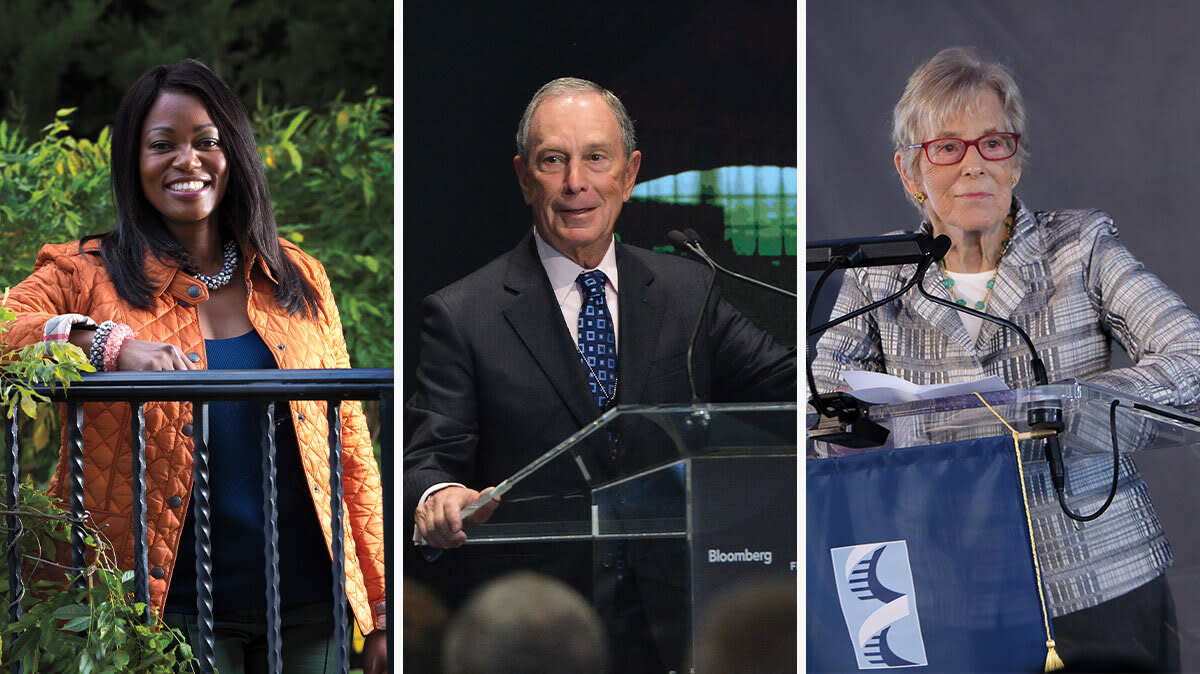
The Big Idea: Giving’s Rocky Year
The downfall of fintech mogul Sam Bankman-Fried not only upended the cryptocurrency market, it also raised concerns about the future of effective altruism—a school of philanthropy that he embraced and that reportedly contributed to his fraudulent ways. Effective altruism espouses the idea that instead of giving your money to causes that you have a personal connection to (a hospital where a relative was treated, an alma mater) or one that tugs at your heartstrings—say, an earthquake in a developing country—you fund projects that have the highest potential for immediate and widespread impact, such as supplying mosquito nets to fight malaria. The movement encourages “earning to give,” in which individuals pursue lucrative jobs—sometimes even predatory in nature—in order to dole out as much money as possible. Bankman-Fried would use “earning to give” as cloud cover when he started siphoning billions of dollars from his customers.
More recently, effective altruism has introduced another controversial idea with “longtermism,” in which donors aim to help humanity’s long-term prospects. The argument goes: Why save millions from malaria today when you could theoretically save billions of people yet to be born from, say, hostile A.I.?
More from Robb Report
How Heirloom Grains Are Bringing Unique New Flavors to Whiskey
Editor's Letter: Inside Robb Report's 36th Annual Best of the Best Issue
The Food World Is Getting Over Its Obsession With 'Authenticity'
This future-forward, quantitative thinking has piqued the interest of tech billionaires, including Elon Musk. While the math of longtermism might make sense to Silicon Valley’s algorithm-happy set, critics charge that prioritizing future generations over people today is flawed. The approach, they argue, plays into the technocrat-as-savior complex, reenforcing the idea that certain individuals are uniquely capable of fixing the world of a century or a millennium hence. Moreover, this type of farsighted musing also neglects to address how certain power systems (and capitalism itself ) have caused many of today’s problems, from economic inequality to climate change, and it’s the antithesis of the trust-based philanthropy practiced by MacKenzie Scott, who distributes her billions with no strings attached.
Despite SBF’s criminality, effective altruism, which focuses on issues such as global poverty and health, continues to attract megadonors, chief among them Facebook cofounder Dustin Moskovitz, who adhere to its data-driven principles. Moskovitz and his wife, Cari Tuna, created Good Ventures and cofounded Open Philanthropy, which are projected to donate over $750 million this year alone. SBF may spend the next quarter-century in prison, but the movement he helped make famous may still be around when he gets out.
Sign up for Robb Report's Newsletter. For the latest news, follow us on Facebook, Twitter, and Instagram.
Click here to read the full article.
Journalism: John Palfrey
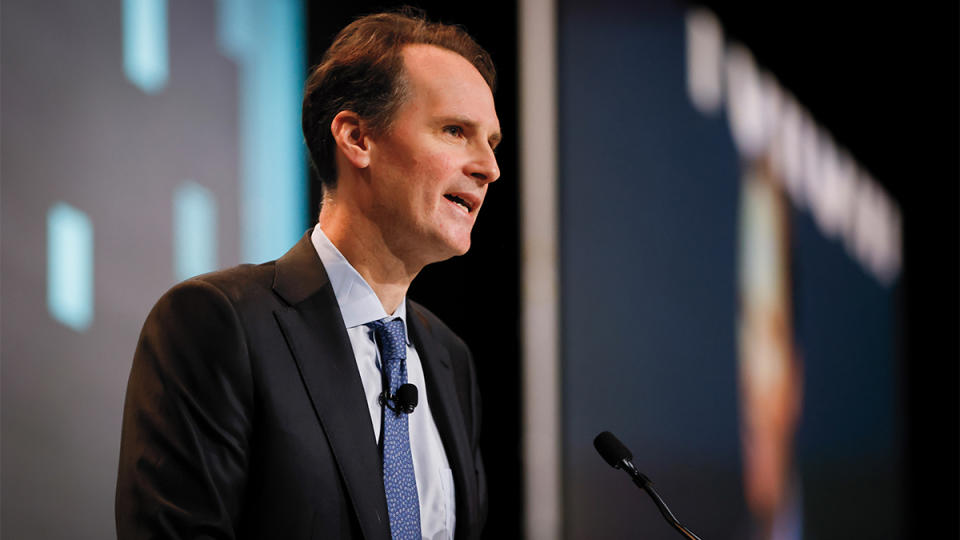
Since 2005, some 2,500 local U.S. newspapers have shuttered, leaving nearly one in five Americans in “news deserts,” according to Northwestern University’s Medill School of Journalism. Concerned about the dearth of independent reporting as well as the rise of misinformation (and disinformation) on the internet, John Palfrey, a longtime educator and legal scholar and current president of the MacArthur Foundation, famed for its “genius grants,” recently established Press Forward, an initiative to support journalism in communities across the country.
More than 20 initial donors have pledged $500 million over the next five years to fund outlets that are working to produce rigorously reported news with a nonpartisan approach. That major-donor list has since grown to 57. And Palfrey harbors even bigger ambitions: He hopes to raise an even billion, encouraging all Americans to support the news the way they do other nonprofits—or at least subscribe to it à la Netflix.
Female Empowerment: Tsitsi Masiyiwa

Tsitsi Masiyiwa, the wife of Zimbabwe’s richest man, telecommunications magnate Strive Masiyiwa, cofounded Delta Philanthropies with her husband to address education, health, and economic opportunity in developing countries, and she sits on the boards of several social-impact organizations, including the End Fund, which focuses on eradicating tropical diseases. But it’s her work with the Africa Gender Initiative (AGI), which she launched in late 2022, that may be closest to her heart.
As the youngest of five girls and the mother of five daughters, Masiyiwa knows firsthand about the systemic discrimination against women and girls across the continent—even from her privileged perch. AGI aims to build gender parity by investing in human capital and allowing women more access to education, rights to land, and financial resources in order to create a more sustainable and equitable future for all.
Trust-Based Philanthropy: Diana Blank & Dena Kimball

The former wife of Home Depot cofounder Arthur Blank, Diana Blank established the Kendeda Fund in 1993 and spent the next 30 years donating over $1 billion to various causes, from women’s rights to gun violence to the environment—much of it anonymously. The 81-year-old Blank was an early pioneer in “trust-based” philanthropy, empowering grant recipients to use the money effectively.
In 2012, Blank’s elder daughter, Dena Kimball, joined the effort as executive director and helped Blank fulfill her final mission: to “spend out,” donating the remainder of Kendeda’s assets in the hope of having the greatest possible impact in the here and now. The fund closed shop in December 2023 but still advises other charitable organizations on how to disperse all of their assets rather than drip-feed grants over generations.
Art: Richard Hedreen

Seattle-based real-estate developer Richard Hedreen and his wife, Betty, were major art collectors with a sweeping approach, acquiring works from the 15th century on up to the present. Betty died in 2022, and Hedreen honored her this year by giving their world-class trove to Seattle University, her alma mater. Valued at $300 million, it is the largest gift of art ever donated to a U.S. university.
The couple had gifted artworks to the school previously and helped fund the construction of a campus chapel designed by Steven Holl. But their collection, which includes works by artists as disparate as Titian, Willem de Kooning, and Amy Sherald, will lay the foundation for the small Jesuit college’s first art museum, for which Hedreen has also pledged another $25 million of seed money.
Medical Education: Ruth Gottesman
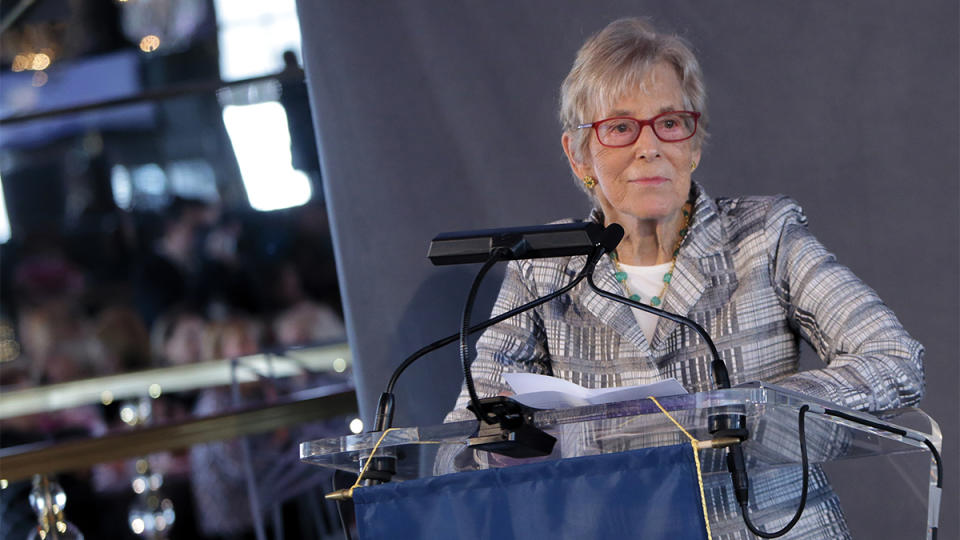
Earlier this year when 94-year-old Ruth Gottesman announced that she was giving $1 billion to the Albert Einstein College of Medicine in the Bronx, the audience erupted into cheers. Some attendees wept openly. Their reaction was understandable: The seats were filled with the school’s med students, and Gottesman stipulated the donation would ensure that tuition for all current and future students would be free—in perpetuity.
While it’s common for major donors to give to hospitals in the far wealthier borough of Manhattan, Gottesman, whose late husband bequeathed her the fortune, is an outlier for endowing the less flashy Albert Einstein: As a professor emerita there and chair of the board of trustees, she knew that the institution sorely needed it. As tuition has soared, loans have become cost-prohibitive for some would-be doctors, and many of those who attend Albert Einstein are from modest backgrounds, including a high proportion who are children of immigrants. Nearly half graduate more than $200,000 in debt. Gottesman’s gift is believed to be the largest ever to a medical school. The cherry on top? She stipulated the school could not change its name.
The Cosmos: Franklin Antonio

As one of the founders and chief scientists of Qualcomm, a California chipmaker, Franklin Antonio was known for his forward thinking. When he died suddenly in 2022, at the age of 69, he left $200 million to the SETI (Search for Extraterrestrial Life) Institute, a research organization based in Mountain View, Calif., that is also funded in part by NASA.
In addition to enabling the institute to expand its exploration, the money will establish fellowships and grants for science and education programs. Though the search for other life in the universe might seem out there (so to speak), Antonio believed that science matters. He also bequeathed another $200 million to the Summer Science Program, a North Carolina–based nonprofit for exceptional high-school students, which he once attended.
Social Justice: Crystal Hayling
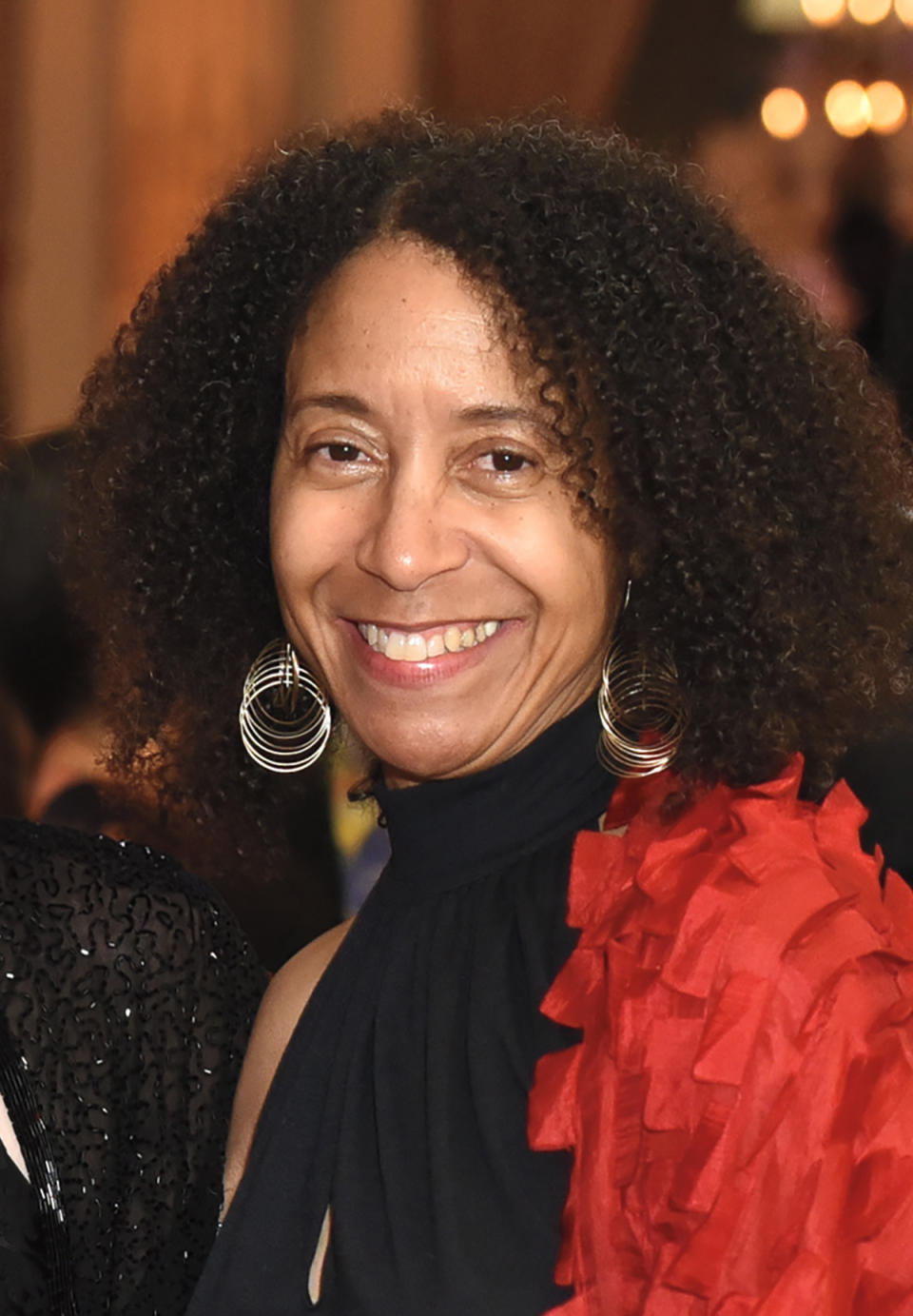
As a southern Black woman educated at Yale and Stanford, Crystal Hayling knows how to straddle different worlds. This year, Hayling will retire from the Libra Foundation, a San Francisco–based organization founded by a branch of the Pritzker family, where she dispersed nearly $200 million during her six-year tenure as executive director, capping a 32-year career in philanthropy.
Hayling disrupted the traditional top-down philanthropic model in favor of a grassroots approach, trusting those closest to the problems to devise solutions. Over her long career, Hayling had an impact on issues ranging from domestic-violence prevention to health care, but perhaps her most significant legacy is using her voice to rally support for more BIPOC-led nonprofits over the long term rather than just in the wake of the racial-injustice reckoning following George Floyd’s murder.
Bequest: Michael Bloomberg
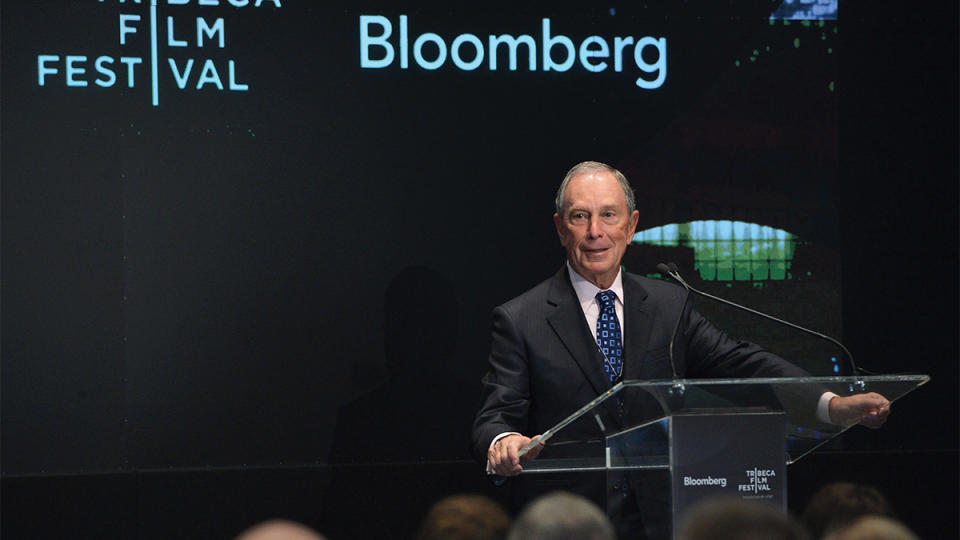
Former New York City mayor Michael Bloomberg has long been a force in pathbreaking philanthropy. His largesse has helped his alma mater, Johns Hopkins University, renounce legacy admissions, and he has funded programs in the arts, the environment, education, public health, and government innovation. In 2023 alone, the 82-year-old businessman gave away $3 billion, making him the biggest donor in American philanthropy last year. (Runners-up Phil and Penny Knight reportedly contributed less than half that figure, at $1.24 billion.)
An original signatory to the Giving Pledge, Bloomberg also announced that before or upon his death, he will donate all of his shares in Bloomberg LP, the financial-media company he started in 1981, to a charitable trust that will in turn fund his foundation, Bloomberg Philanthropies. Though the exact value of his stake is unclear, his net worth is estimated to be around $106 billion, meaning the donation could end up being the largest private philanthropic contribution ever, and his foundation the biggest in the nation.

 Yahoo News
Yahoo News 
